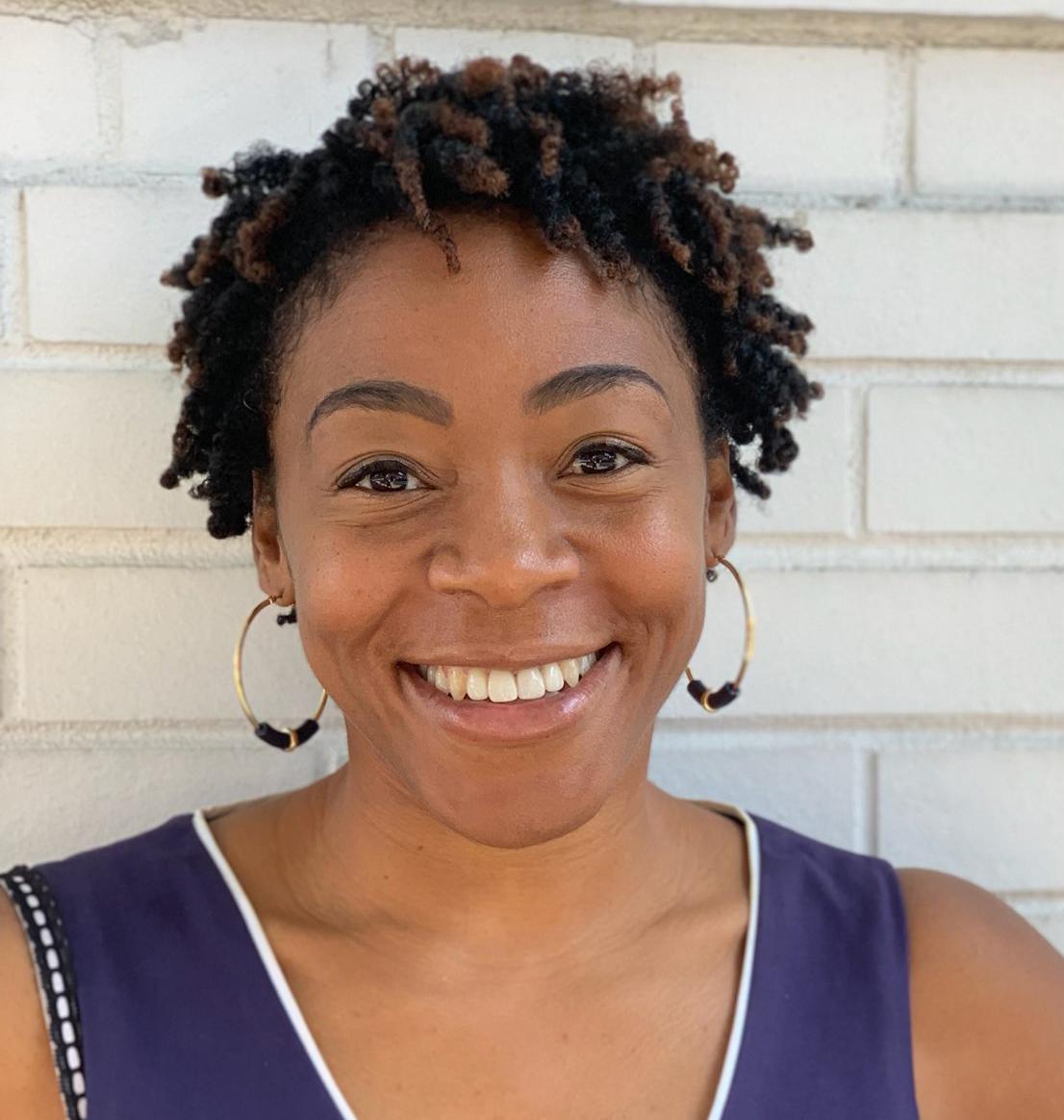In 2021 and 2022, the Endowment for Health, community members across New Hampshire, and Child Trends worked together to form the Early Childhood Equity Movement (ECEM). The ECEM is a collaboration that aims to address and improve access to services such as early care and education, health care, and other family services (e.g., housing or SNAP/EBT) for racially and culturally diverse families in New Hampshire across three phases.
The report will detail the process and findings from Phase 1, which aimed to highlight what is working, what is not working, and what families identify as needs in accessing services. It also briefly outlines steps we are currently taking in Phase 2 to collectively create dissemination materials and considers future recommendations for Phase 3—making changes based on the lessons learned through this movement.
Findings
Themes from the virtual conversations (i.e., focus groups) with participants emerged as either community strengths or community challenges. The following sections summarize findings across virtual conversations; however, the full report includes group-level variations across community strengths and challenges.
Community strengths
- Families appreciated and felt relief in having access to services, particularly those that fulfilled basic needs such as the provision of food or interpretation
- Families with refugee status shared how coordinated initiatives led by a resettlement agency helped them navigate obtaining services and provided useful information and interpretation services.
- Families mentioned the importance of kind, empathetic, and accommodating providers in facilitating a positive experience with services.
- When families face difficulties in accessing services through the state and federal government, they can rely on family members, friends, and local churches for support.
Community challenges
- Families shared experiences of discrimination due to their race, gender, economic status, immigration status, or English language skills. These experiences garnered mistrust in services and discouraged families from seeking out care or additional support.
- Families reported that navigating systems to access services can be confusing and frustrating.
- Services are limited and inaccessible, due to barriers such as long waitlists, exclusive eligibility criteria, and high costs for child care and health care.
- Families shared concerns about a lack of follow-up from providers and the quality of service, particularly with the accuracy of virtual health care diagnostics for their children.
- Families noted how the problems in these systems have been exacerbated by COVID-19 in recent years.
Recommendations
The recommendations offered in the report are potential activities to promote in future phases of this movement. Our recommendations are appropriate for organizations that provide and advocate for social services (e.g., child care, health care, housing, etc.) in New Hampshire; they are framed as opportunities for these organizations to reflect on their roles in perpetuating challenges and improving strengths, and as actions the ECEM can take to continue this movement. These recommendations align with the themes highlighted by families and co-researchers in virtual conversations, and take into consideration additional conversations with direct service providers and advocacy groups to contextualize what are feasible and necessary actions (the details of these conversations can be found in Appendix 2 of the full report).
- Organizations should acknowledge their roles in healing or perpetuating discriminations. The ECEM has an opportunity to engage with organizations, systems, and people in New Hampshire to address the structural and institutional racism and discrimination that continue to prevent families from accessing services and care. Organizations and agencies serving families should acknowledge the role they play in healing or perpetuating discrimination, and partner with communities to reflect upon biases, develop policies and plans to reduce biases, and implement solutions together.
- Expand the range of services and develop supports for families. Service agencies should work alongside ECEM to expand available slots for existing services and broaden the range of services available to additional members of the community. By focusing on achieving short-term goals, such as “braiding” funding sources, service agencies can achieve long-term changes, including increasing the number of case managers, de-siloing fragmented services, and tackling other accessibility issues.
- Improve coordination across services and communities. Resettlement agencies and their initiatives were a valuable source of support for immigrant families. The ECEM should continue to deepen partnerships with those agencies and push for coordinated services for all ethnic and racial marginalized groups in New Hampshire.
- Campaign for kindness. Kind and caring providers improved the experiences of parents/caregivers in attaining and accessing services. As the sphere of influence for the ECEM continues to grow and involve more stakeholders, an initiative of kindness can support cohesion and collaboration while ensuring that families, the centerpiece of this movement, are treated with the respect and dignity that they deserve.
Methods
Child Trends partnered with community leaders (also referred to as co-researchers) to host virtual conversations (i.e., focus groups) with families from the following groups: African American, Arabic, Native American, Nepalese, Portuguese, Spanish, and Swahili. In total, 11 focus groups were hosted with 66 parents/caregivers from major New Hampshire cities (i.e., Manchester, Concord, or Nashua).
Following the virtual conversations, Child Trends collaborated with co-researchers to code the transcripts and identify relevant themes from what families shared.
Suggested Citation
Ramos, M.F., Andrews, K., Angeles-Figueroa, J., & Rodriguez, Y. (2022). Seven New Hampshire communities lead the way toward improved equity in family services. Child Trends. https://doi.org/10.56417/5701q6660k
Download
© Copyright 2025 ChildTrendsPrivacy Statement
Newsletter SignupLinkedInYouTubeBlueskyInstagram


